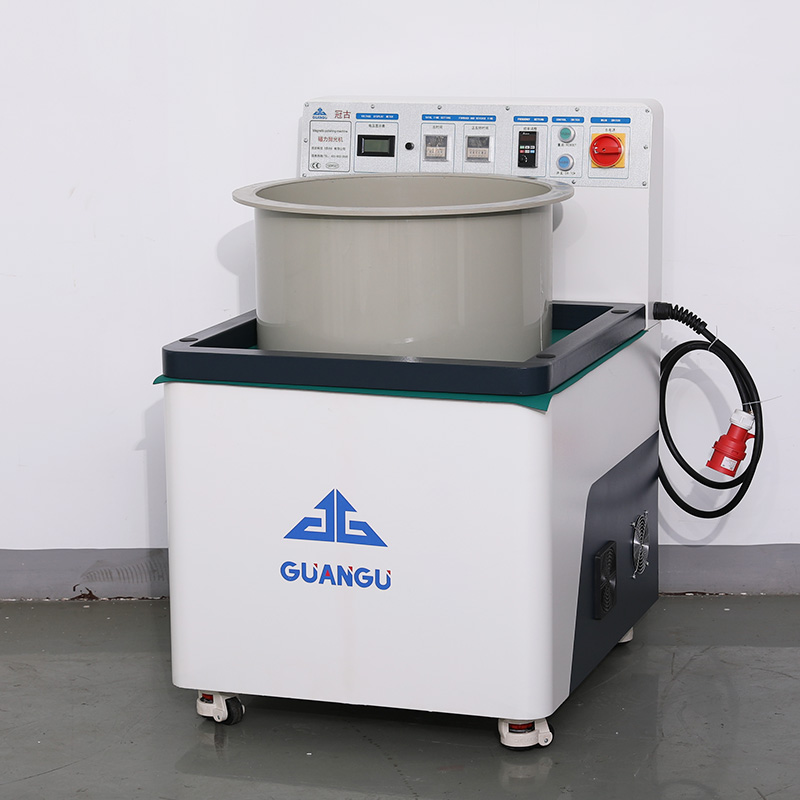California-Pressure rivet nut is a commonly used fastening element, mainly used in the structural connection of sheet metal. In the traditional connection method, it is usually necessary to use bolts, nuts, washers and other components for use in conjunction, while the pressure rivet nut can be fixed directly on the plate, thus simplifying the connection process and improving the strength of the connection. In practice, pressure rivet nuts are widely used in electronic equipment, communication equipment, automobile manufacturing, aerospace and other fields of metal structure connection.

With the large number of applications of pressure rivet nuts in industrial production, higher requirements have been put forward for their appearance quality and processing accuracy. Polishing, as a surface treatment technology, is of great significance for improving the appearance quality and machining accuracy of pressure rivet nuts. Polishing can remove the microscopic unevenness of the surface of the rivet nut and make its surface smoother, so as to improve its appearance quality and machining accuracy.
In the polishing process of pressure rivet nut, the following aspects need to be noted:
- Choose a suitable polishing process: according to the material and surface quality requirements of the pressure rivet nut, choose a suitable polishing process. Common polishing processes include magnetic polishing machine, hand polishing, mechanical polishing, chemical polishing and so on.
- Choose the right polishing material: polishing material is the key factor to realize the polishing effect. According to the material and surface quality requirements of the rivet nut, choose the appropriate polishing materials, such as polishing paste, polishing cloth, polishing wheel, etc..
- Control the polishing pressure and speed: In the polishing process, it is necessary to control the polishing pressure and speed to avoid excessive polishing and damage to the surface of the rivet nut. Usually, the polishing pressure should not be too large, and the polishing speed should not be too fast.
- Keep the polishing process clean: in the polishing process, you need to keep the polishing process clean to avoid contamination and scratching the surface of the rivet nut.
- Post-polishing treatment: After polishing is completed, the pressure rivet nut needs to be cleaned and dried to remove the residual polish and moisture on the surface. In addition, subsequent passivation, coating and other treatments can be carried out as needed to improve its corrosion and wear resistance.
In short, polishing as an important part of the production process of pressure rivet nut, to improve its appearance quality and processing accuracy is of great significance. By reasonably selecting the polishing process, polishing materials, controlling the polishing pressure and speed, keeping the polishing process clean, as well as post-polishing treatment, the surface quality of the rivet nut can be effectively improved to meet the requirements of industrial production on its performance and quality.



 Wechat
Wechat
